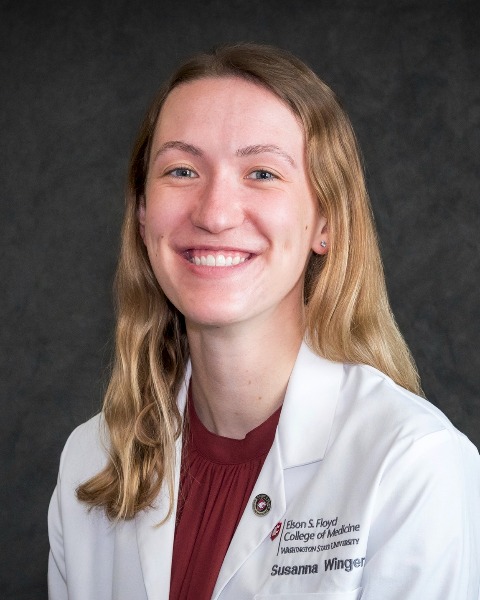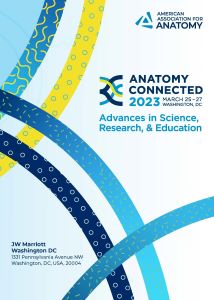Education & Teaching
Diversity, Equity, Inclusion
Session: Falling for Medicine Hook, Line, and Donor: Using Anatomy Outreach to Engage Underrepresented Youth and Promote Interest in Health Care Fields
Compassion as the Basis of Morality: Prevalence of Donor use for Anatomy Outreach and Faculty
Saturday, March 25, 2023
8:30 AM - 9:00 AM US EST
Room: Grand Ballroom Salon III

Susanna M. Winger
Medical Student
Washington State University Elson S. Floyd College of Medicine
Speaker(s)
The anatomical sciences have long been a cornerstone of medical education. Those who choose to donate their bodies after death to this purpose provide students with the ultimate opportunity to better understand the human body. Many institutions have recognized the potential of these generous gifts and broadened the traditional definition of medical education to include outreach efforts within the surrounding community. Our study aims to elucidate the prevalence and current methods of anatomy laboratory outreach events in medical schools across the country as well as the perceived ethical considerations associated with these outreach activities involving anatomy specimens. Using the core ethical principles of respect for persons, beneficence, and justice identified in the landmark Belmont Report as a framework, information was compiled via a survey and one-on-one interviews with faculty directly involved with these decisions at their respective institutions. Through this research, we hope to stimulate meaningful conversation about the donor consent process and what it means to honor someone’s final wishes in the context of medical education. Our data also encourages medical schools to consider who is benefiting from anatomy outreach activities and whether these benefits are being fairly distributed in a given community.

